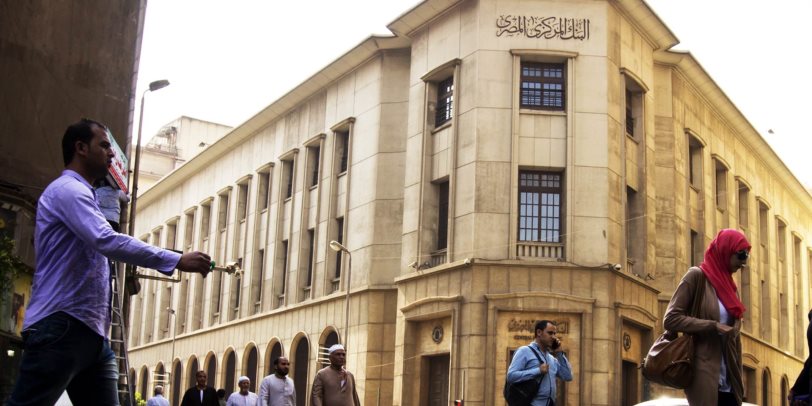Egypt turns $10.5B deficit into surplus in FY2022/2023, among other positive indicators | CBE
Suez Canal revenue, a vital source of hard currency, witnessed a significant surge of 25.2% in FY2022/2023, reaching an all-time high of $8.8 billion

Egypt managed to reverse its $10.5 billion deficit in the Balance of Payment (BoP) for FY2021/2022, achieving a surplus of $882 million in FY2022/2023, revealed the Central Bank of Egypt (CBE) over the weekend. The CBE attributed the revival to two key sources – tourism and the Suez Canal.
Suez Canal revenue, a vital source of hard currency, witnessed a significant surge of 25.2% in FY2022/2023, reaching an all-time high of $8.8 billion. This growth was credited to several factors, including the Russian/Ukrainian war and ongoing development projects led by the Suez Canal Authority (SCA).
Egypt's tourism sector also showed robust growth, with revenues increasing by an impressive 26.8% on a yearly basis in FY2022/2023, soaring to $13.6 billion, according to the CBE’s report.
Net inflows of Foreign Direct Investments (FDI) reached $10 billion in FY2022/2023, a significant rise from $8.9 billion in the previous fiscal year. This indicates increased investor confidence in the country's financial landscape.
FDI outflows dropped significantly in FY2022/2023, registering only $3.8 billion compared to the staggering $21 billion recorded in FY2021/2022.
However, remittances from Egyptians working abroad witnessed a sharp decline of 30.8% in FY2022/2023, totaling $22.1 billion, down from $31.9 billion in FY2021/2022. Remittances accounted for 7.8% of the country's GDP according to 2021 World Bank figures.
Egypt's petroleum trade balance dropped from $4.4 billion in FY2021/2022 to $410 million in FY2022/2023, primarily driven by reduced petroleum exports, including a $988.1 million decrease in natural gas exports, which amounted to $13.81 billion in FY2022/2023. Imports of petroleum products, including natural gas, also declined slightly to $13.4 billion in FY2022/23, down from $13.54 billion a year earlier.
The non-oil trade deficit experienced a fall of 34% in FY2022/2023, dropping from $47.8 billion in FY2021/2022 to $31.6 billion, attributed to significant cuts in imports and a slight decline in exports.
Non-oil imports decreased by 22.2%, totaling $57.4 billion in FY2022/23, down from $73.8 billion the previous year. Meanwhile, non-oil exports dipped slightly to $25.8 billion in FY2022/23 from $25.9 billion in FY2021/2022. The CBE highlighted decreases in exports of organic and inorganic compounds, household electrical appliances, animal and vegetable fats, greases and oils, and ready-made clothing.
Passenger car sales in Egypt experienced a significant 71% year-on-year drop from January to the end of June 2023, with only 26,869 units sold, according to a report by the Automotive Information Council (AMIC).





